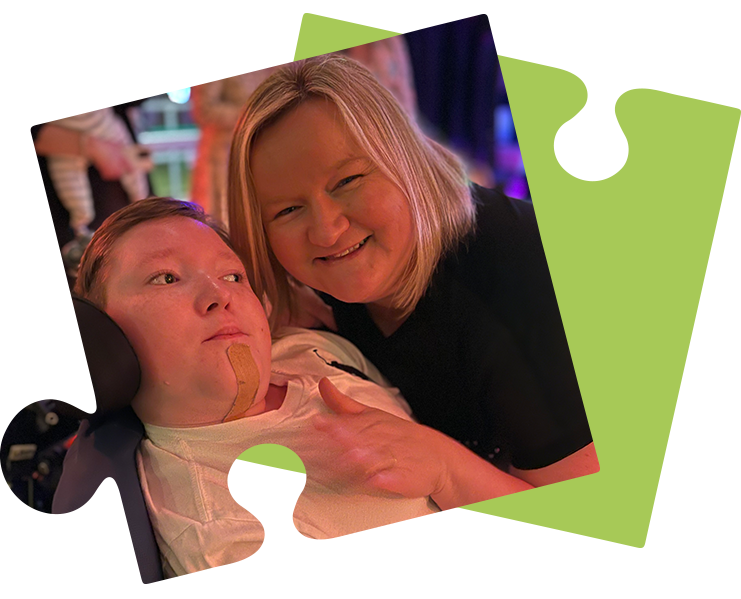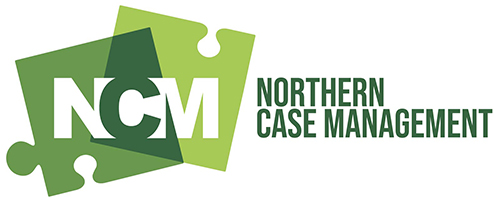“An occupational therapist can help clients to improve the skills used in everyday activities which we call ‘occupational performance skills.’ Loss of independence through acquired disability frequently has a negative impact on the client’s everyday life.”
Our occupational therapists help clients achieve their potential by finding the right approach to their rehabilitation. Our OTs have experience working in hospitals and in the community to help clients adapt and improve following an acquired brain injury or other complex injury.
A thorough OT assessment can help break down someone’s day into a series of achievable activities. Depending on a client’s needs we can help plan and implement a morning routine that gives them more choice and control. Or it might involve finding the right bed or wheelchair that suits them. It could also be increasing someone’s independence or helping them to discover new possibilities in work or education.
With the help of NCM’s specialist OTs, clients can improve their functional abilities and achieve their goals in the way that best suits them.

We regularly help with:
- Accommodation – finding temporary or permanent places to live, and with the necessary adaptions. We work with architects, equipment providers and families to help make the right choices.
- Equipment – assessing clients’ needs and finding the right beds, baths, wheelchairs, cars, gadgets, tools and assistive technology.
- Intervention – NCM occupational therapists carry out a thorough assessment to design the rehabilitation programme using activity as a vehicle to achieve improvement. We can set goals to bring about an improvement in occupational performance skills, adapt the activity and change the way a client performs the activity. Selection of activity is crucial, and clients are encouraged to select self-care, productivity, and leisure activities in order that they work towards restoring a balance to their daily structure.
Our aim is to give our clients the assistance, structure and routine they need to live their lives.

